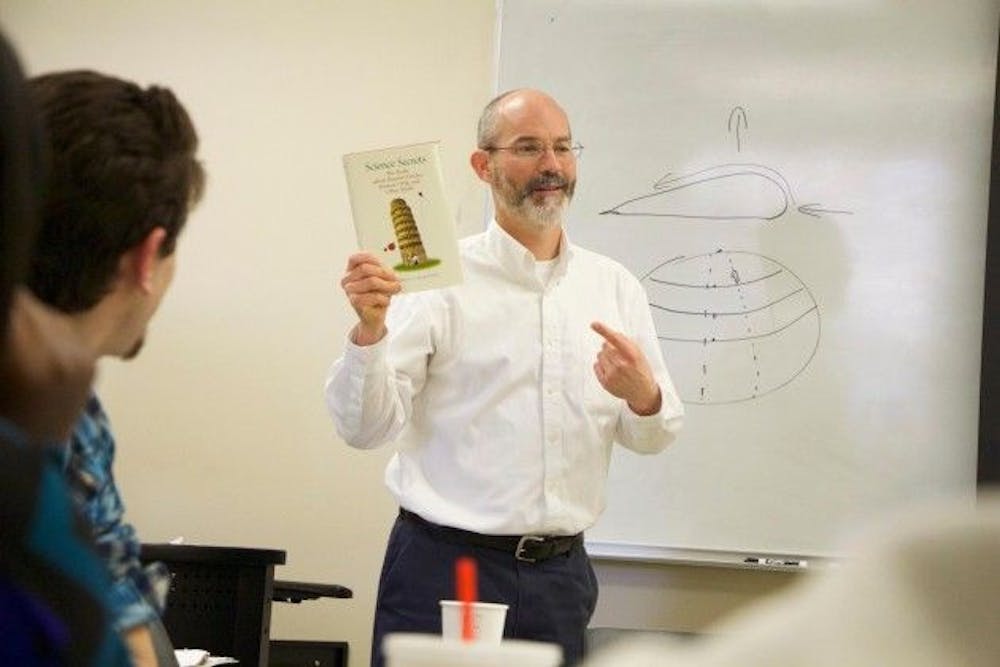Teachers and professors today are introduced with many different paths to be able to teach in Tennessee. Not only do all these choices help aspiring teachers become something bigger than them, but it also gives teachers an opportunity to teach about something that they are invested in.
There are two separate paths in particular that can be easily confused when it comes to individuals trying to earn their degrees so that they can teach. There are some who go through the educational field and then there are some that major in a particular subject, like Spanish and are able to teach to an extent.
Although most individuals go through the traditional method of majoring in education, everyone who wants to teach needs to have a teaching license.
According to Sutton Flynt, director of the Teacher Education Program, there are two types of beginning teaching licenses in Tennessee - the apprentice license, which means a person has met the state's professional education standards - and the traditional license, which means a person has obtained a degree in the subject he or she wishes to teach.
According to Flynt, one would still have to complete a state licensed program that meets the state's professional education standards to teach subjects such as foreign languages.
There are some exceptions. To be able to teach in public schools in Tennessee, the individual must have a license. On the other hand, private schools and college level do not require a license, but most professions regarding teaching prefer for teachers to have them.
So which path would be more beneficial for people who want to become teachers?
"I think a traditional program that is well-designed and has a yearlong residency like the University of Memphis' is the best way to enter the profession," Flynt said. "Individuals who graduate and are placed in a school with no training often don't have substantial mentoring and are often in a sink or swim situation."
Michael Duke, a social/medical anthropologist at the U of M, has been teaching for 20 years.
"Having the training certainly doesn't hurt," Duke said. "On the other hand, there are some ineffective elementary, middle and high school teachers and some excellent college teachers, indicating that there are probably characteristics other than formal training that make a good teacher."
According to Duke, good teachers know their subjects, respect their students, find ways to be outgoing and try to be as fair as possible.
In addition to having the license and personality, future teachers are encouraged to gain as much experience as possible.
Having experience in any field is something everyone should do at least once. Aspiring teachers should take advice and criticism as much as students should in order to develop a better method of teaching.
"Volunteer at schools and other places to work with the age groups you think you want to teach," Flynt said. "This may help firm up their decision or give them cause to pause, and go through a teacher training program like the U of M's."
Either way, Flynt said the job market for future teachers is ripe with opportunity.
"High quality teachers are in high demand, and all districts want to hire teachers who have the skills to improve student achievement," Flynt said.




